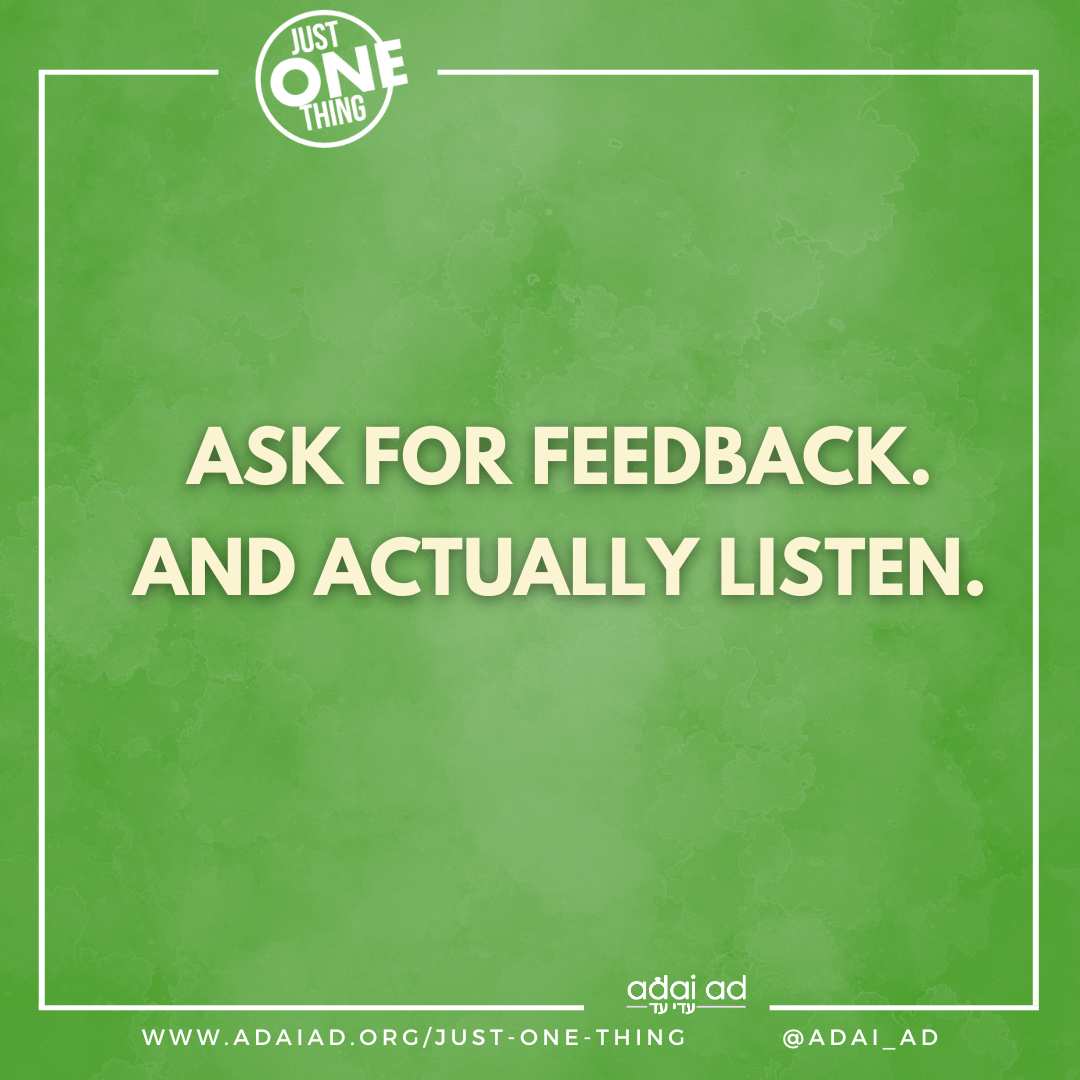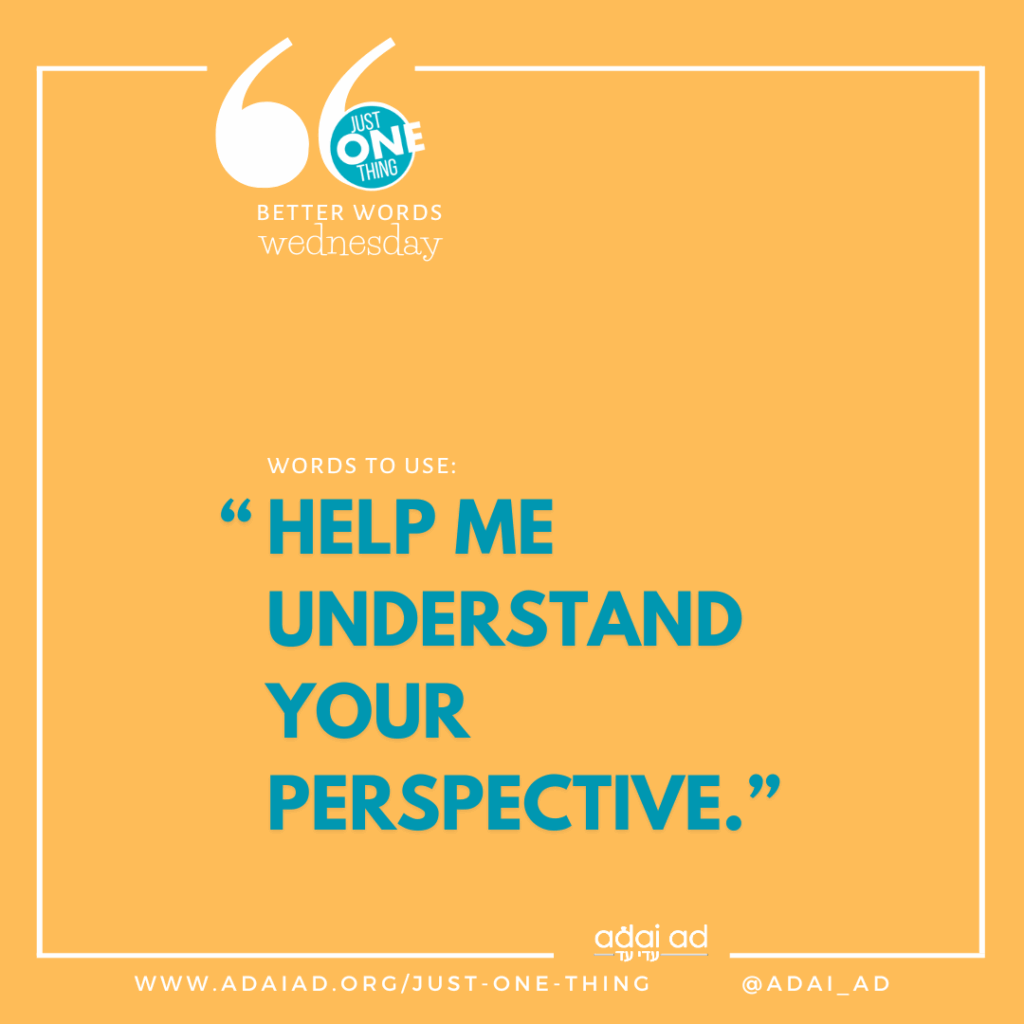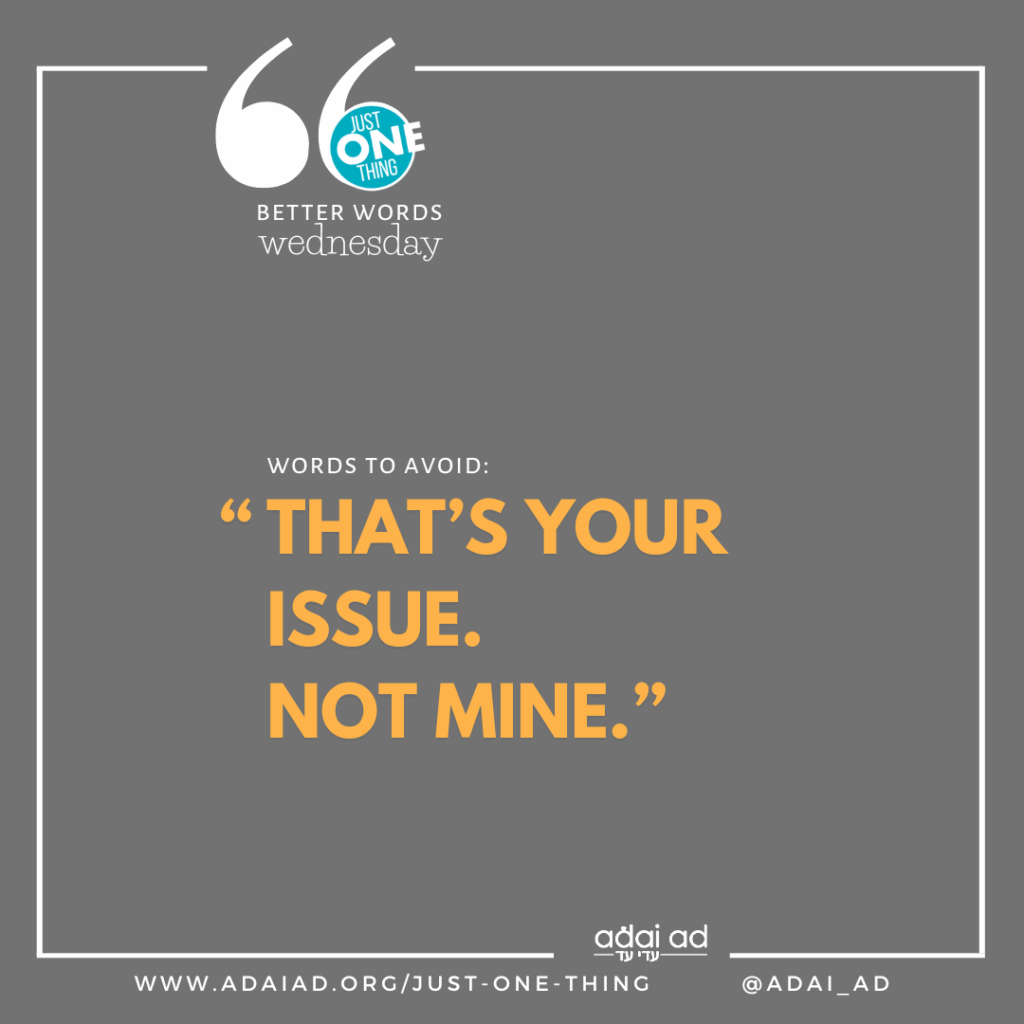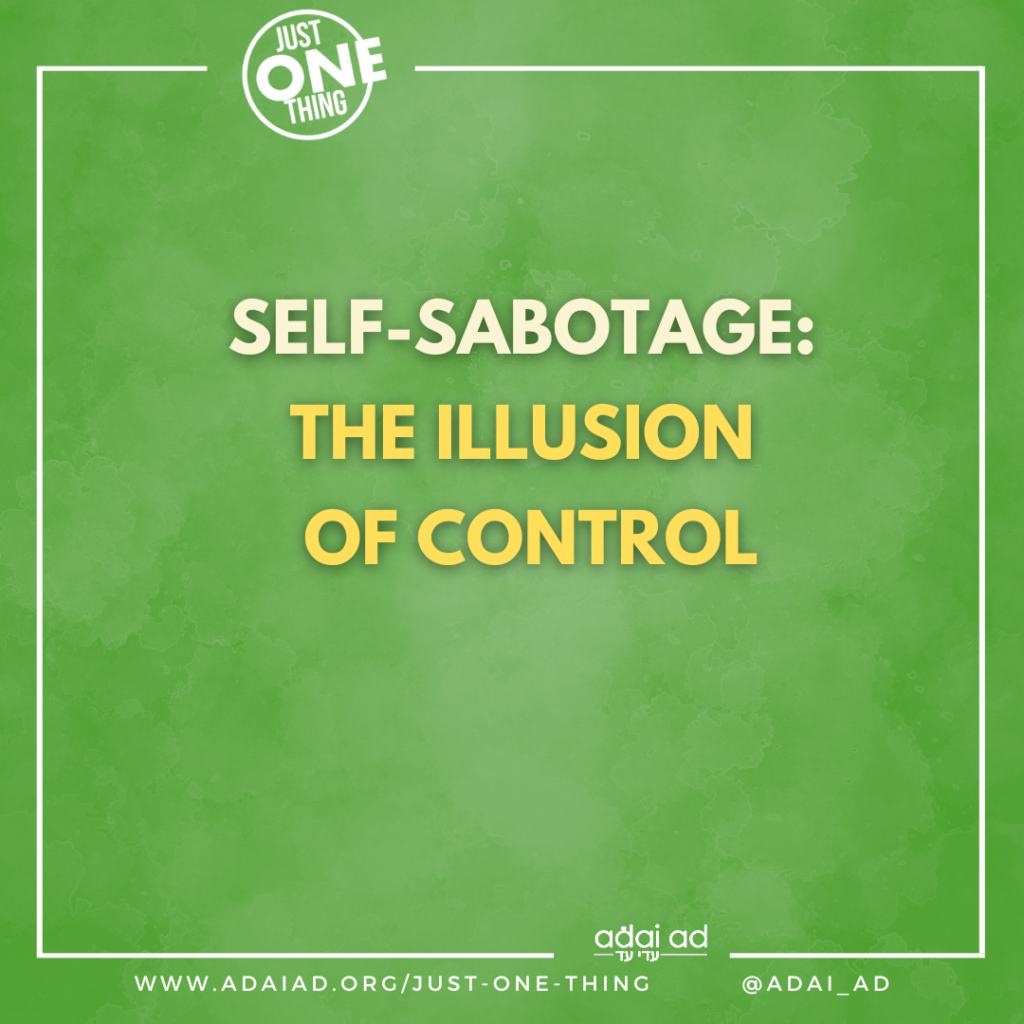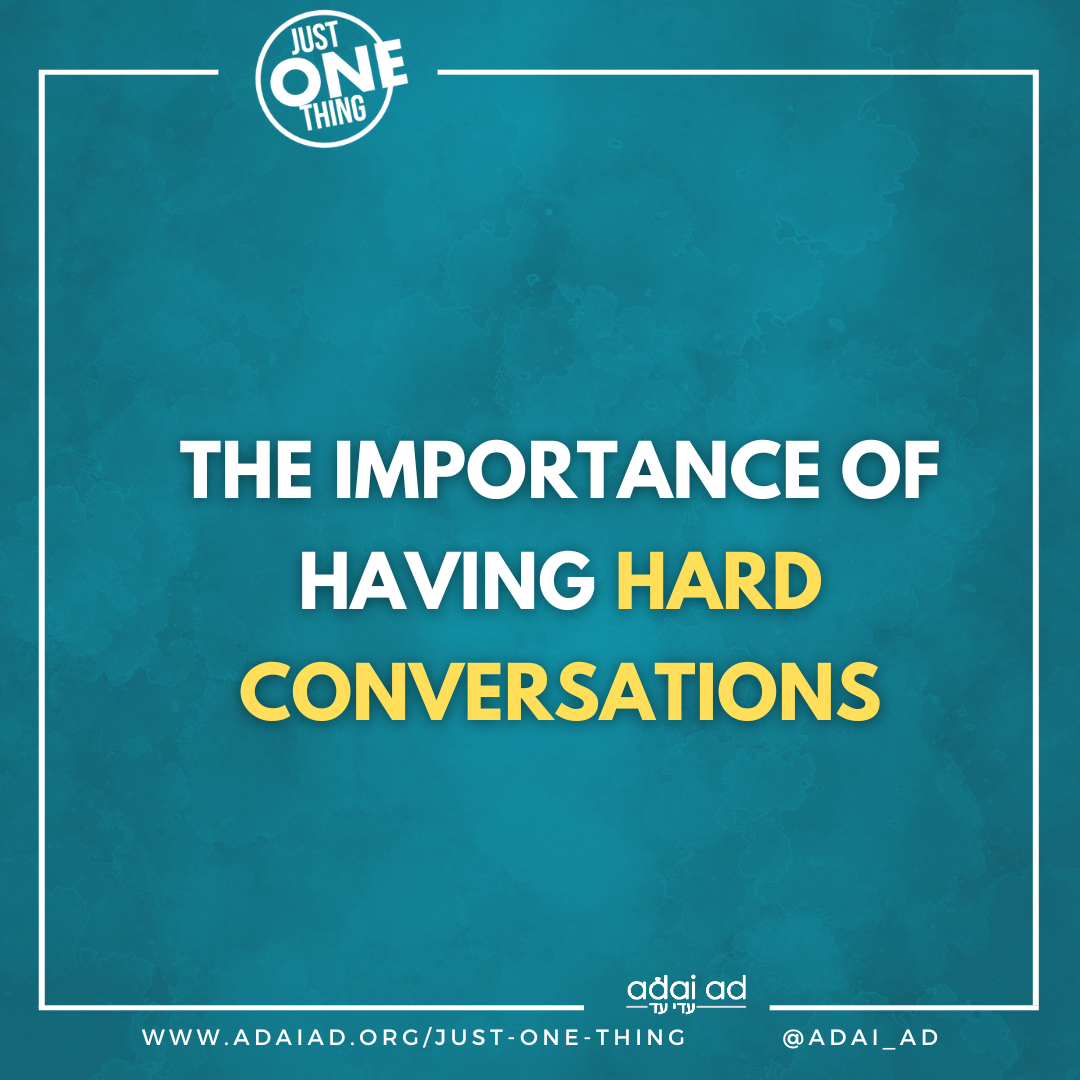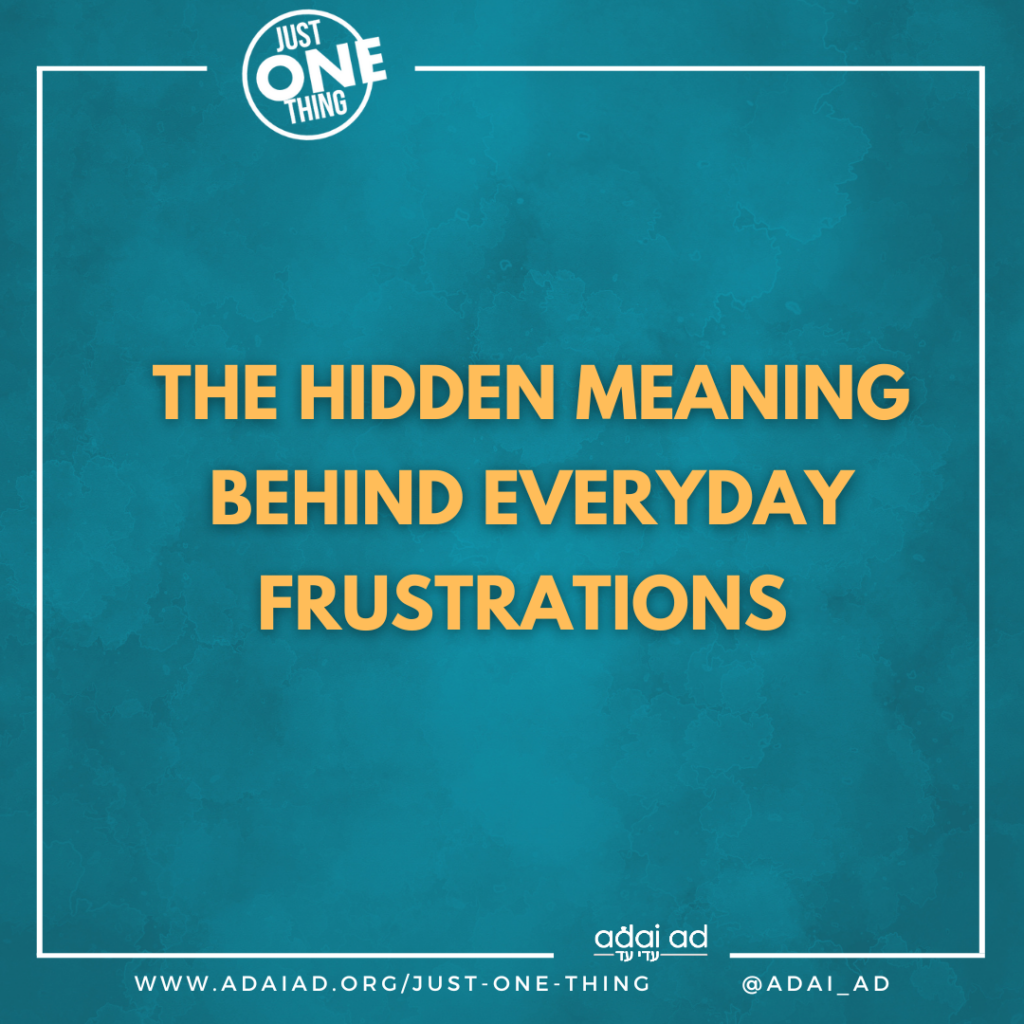Words to Avoid: “If you say so.”
This phrase often comes across as dismissive, passive, and reluctant. It can make the other person feel like their perspective isn’t worthy of real engagement or respect. It’s a way of brushing off their feelings or opinions without truly addressing them. Instead of shutting down the conversation with this phrase, try showing curiosity and a […]
Words to Avoid: “If you say so.” Read More »


